5 Great Landscape Photography Tips I Learned in Nepal
After 12 days on assignment in Nepal with Canon Master Richard I’Anson, 2015 Travel Photo Scholarship winner Mahadev Rojas Torres learned how to capture that perfect shot.
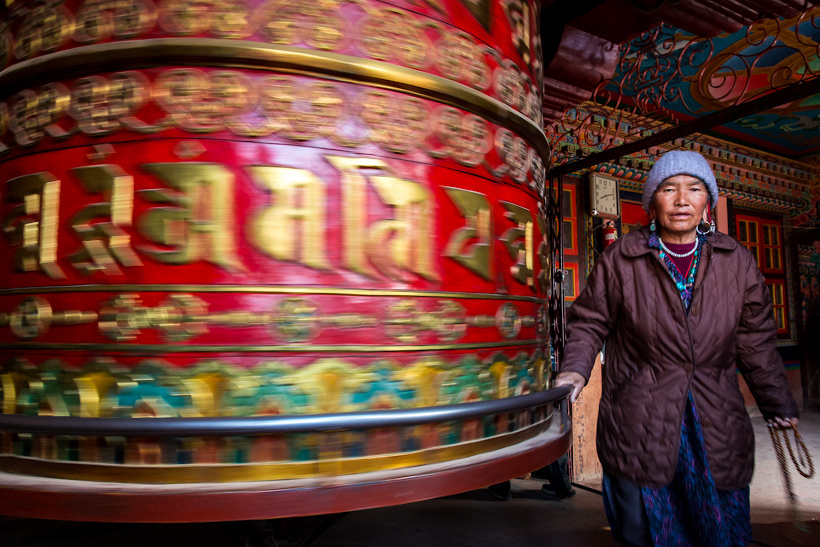 Photo © Mahadev Rojas Torres
Photo © Mahadev Rojas Torres
In Nepal, you have a variety of interesting subjects. But landscapes – almost always enhanced by the Himalayas – will become your focus.
Richard, with over 30 years of experience as a professional travel photographer, possesses an ocean of knowledge.
During our 12-day assignment to Nepal, he openly and generously shared this knowledge with me.
He passed on to me many years of expertise. I hope to do the same for you here with five tips I learned from the scholarship.
- Do Your Research
- Wake Up Early and Rest Late
- Keep Your Gear Light
- Don’t Just Take One Shot
- Be Prepared for the Cold in Nepal
Do your research
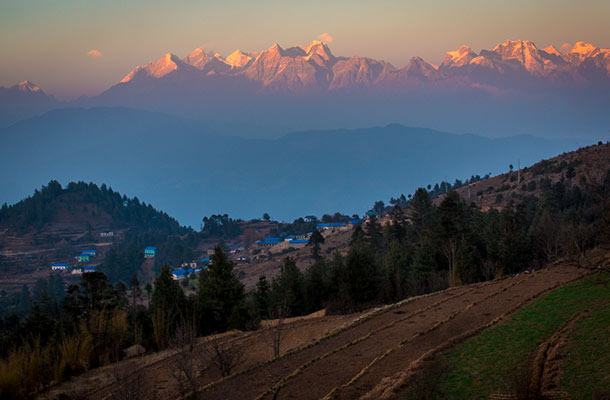
Collect as much detail of the places you’ll visit as possible. This’ll save you time on the ground.
Most importantly, find out about the weather you’ll be facing during the trip. Nepal has two monsoon seasons each year and you need to be prepared.
When you’re on the ground, ask the locals for advice and take time to look for the best viewpoints.
Wake up early
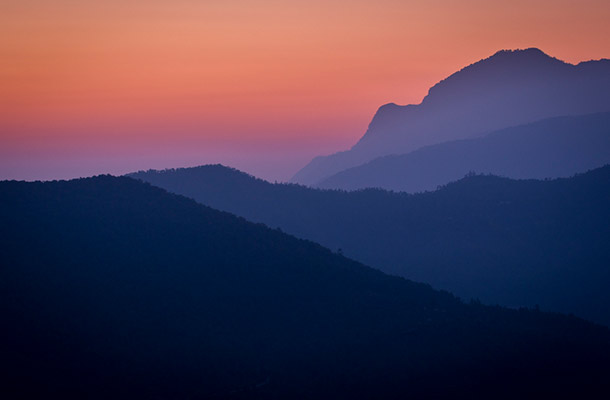
The great shots that you’re looking for will most probably be enhanced by great light – especially sunrise or sunset. So be prepared for that perfect lighting opportunity.
You must already be positioned with your tripod, have the right camera settings, and be fully aware before this moment.
The window of opportunity is smaller than you think, and you don’t want to miss that perfect shot fiddling with settings.
I also learned the importance of a remote shutter release. Not only can you avoid moving your camera (especially for those long shutter speeds), but it saves those valuable seconds of light while you play with your subject, instead of your camera's self-timer.
3. Keep your gear light
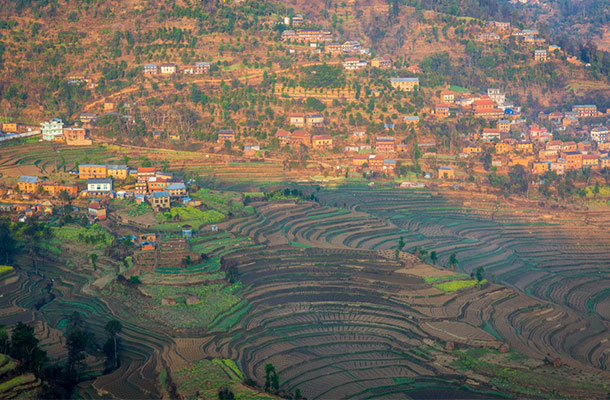
Whether your subject is the Himalayas or the cities, your vantage point is the key to a great shot.
Landscape photography isn’t only about a clear view and great light, it’s also about whether you’re in the right place to take your shots.
The higher your vantage point, the better and clearer the view. So, be ready for a hike. This’ll be easier if you’re not carrying complex and heavy gear.
Landscape camera lenses are heavier than standard zoom lenses, so your camera, a couple of lenses, and your tripod will be enough for you to carry.
Don’t just take one shot
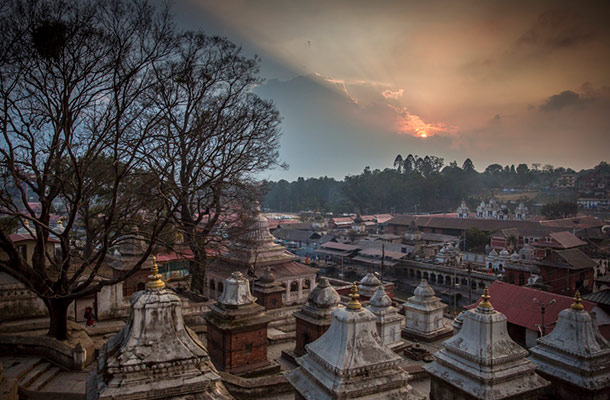
Once you find your subject, play with your focal length and composition, and try to get as many shots as possible. This’ll give you more opportunities to get the great image you want.
Don’t be afraid to experiment and find a fresh perspective on a subject.
Be prepared for the cold
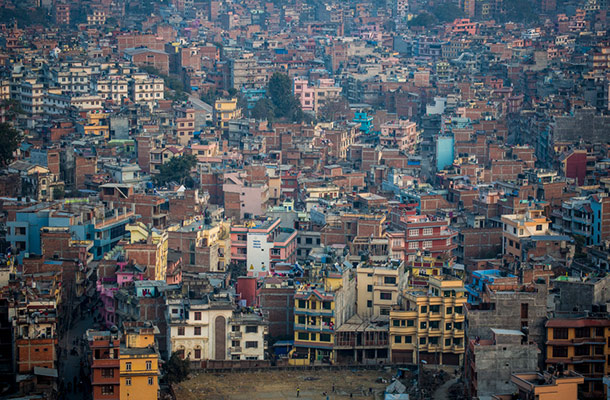
When you’re waiting for a specific light to hit your subject, you may have to wait for some time. So always be prepared with winter gear – particularly at high points. Gloves are very important. Fingerless gloves will allow you to manipulate your camera settings while shooting in cold places.
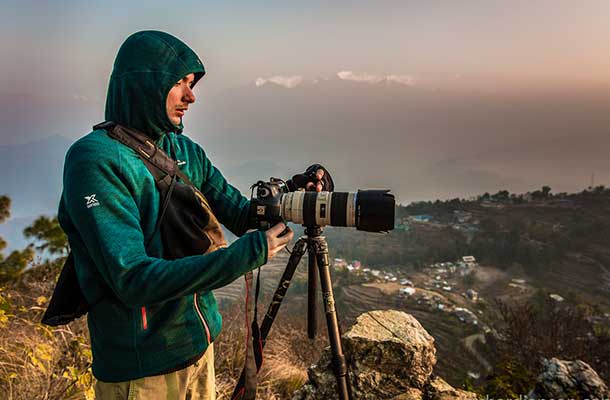
Related articles
Simple and flexible travel insurance
You can buy at home or while traveling, and claim online from anywhere in the world. With 150+ adventure activities covered and 24/7 emergency assistance.
Get a quote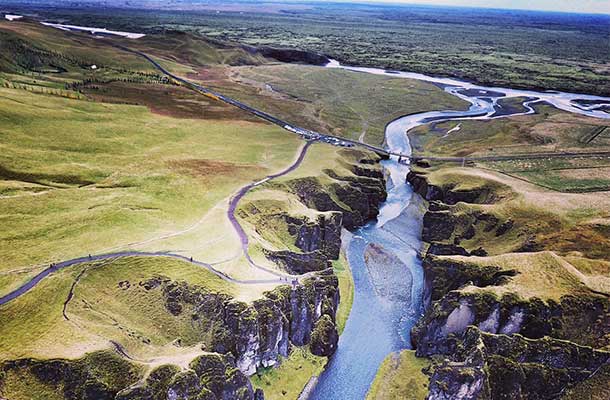
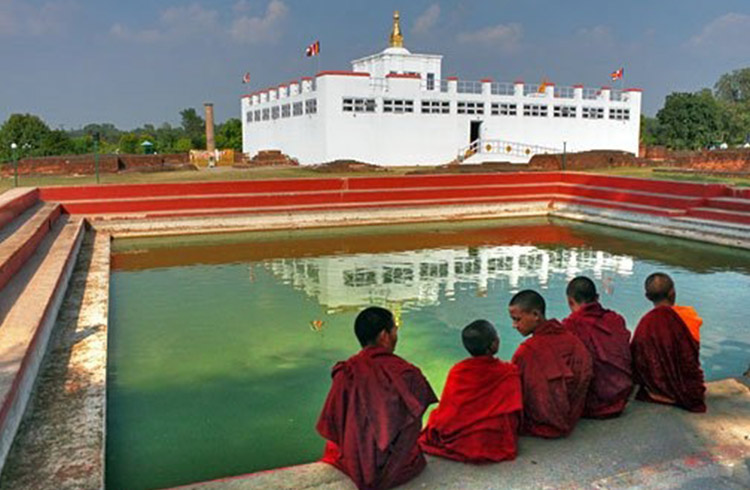
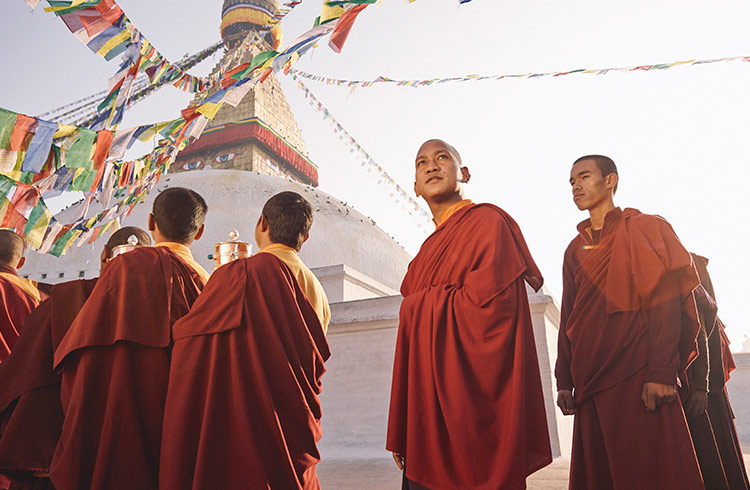
No Comments